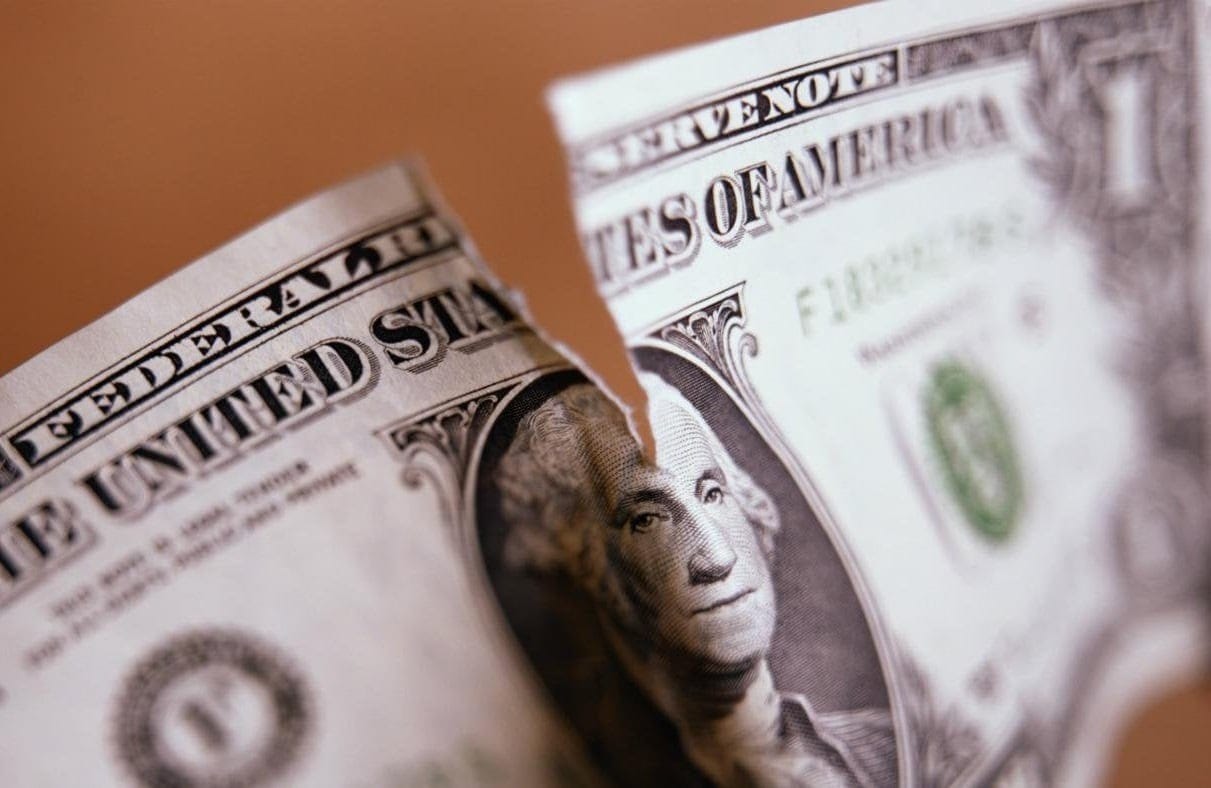Federal politicians have become increasingly irresponsible. They have not balanced the budget since 2001, and they have only balanced the budget 13 percent of the years since 1930. By contrast, politicians balanced the federal budget 68 percent of the years between 1791 and 1929. There was no legal requirement for them to do so, rather they did it because they correctly believed that limiting spending to revenues was the prudent and ethical way to budget.
Democrats and Republicans are currently battling over who will get blamed for raising the government’s statutory debt limit above $28 trillion. But both parties are to blame for the mountain of accumulated federal debt, which is roughly eight times larger than total state and local government debt of $3.2 trillion.
Since 2001, federal debt has risen 495 percent compared to just a 148 percent increase for state and local debt (page 7). Apparently, voters are sending politicians to Washington who are more irresponsible than the ones they send to state capitals. Or maybe there is something in the water in D.C. As governor of West Virginia, Joe Manchin received an “A” grade for sound fiscal management, but now in D.C. he is considering voting for a $1 trillion infrastructure bill and a $1.5 trillion entitlement bill, on top of trillions in other new spending passed since early 2020.
American politicians are more debt‐addicted than politicians in most other high‐income countries. Figure 1 shows the OECD estimate for combined federal, state, and local government gross debt in 2021. U.S debt at 141 percent of GDP is higher than the OECD average of 100 percent, and the 9th highest of 32 countries. Rather than squabbling over our useless statutory debt limit, our politicians should be implementing the apparently superior budgeting practices of countries such as Estonia, Luxembourg, Switzerland, Korea, and New Zealand.
U.S. debt has risen partly because of recessions and other crises in recent years, but other countries have also faced shocks. Figure 2 shows that debt has risen faster in the United States than in most OECD countries since before the Great Recession in 2007. U.S. debt has risen 76 percentage points of GDP since 2007 compared to the average OECD increase of 47 percentage points (U.S. debt rose from 64 to 141 percent, while average OECD debt rose from 53 to 100 percent).
Senator Manchin has “repeatedly raised the deficit as one of his major concerns,” and he says he’s “never been a liberal in any way, shape or form.” Just about every Republican would make the same claims. But somehow federal government debt has jumped $6 trillion over the past two years and keeps on rising.
More on government debt here, here, and here. The failures of federal spending are examined here, here, and here.
Data Notes. The OECD data from Table 36 is general government gross financial liabilities. OECD publishes the weighted average, but I calculated the simple average across countries.



